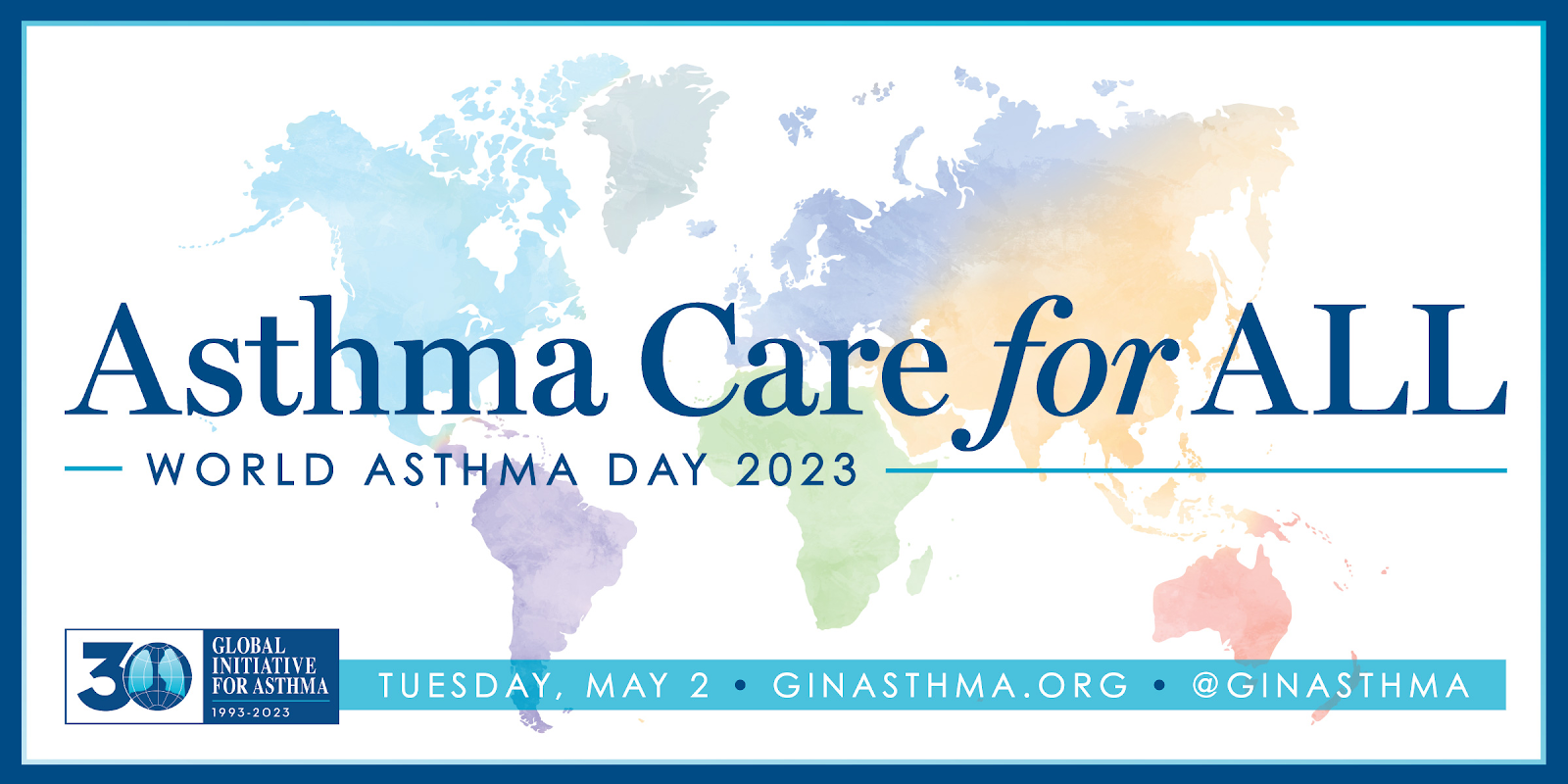The main function of the lungs is the process of gas exchange called respiration (or breathing). In respiration, oxygen from incoming air enters the blood, and carbon dioxide, a waste gas from the metabolism, leaves the blood. A reduced lung function means that the ability of lungs to exchange gases is reduced. Respiratory disease is responsible for a major burden of morbidity and untimely death, and conditions such as tuberculosis, pandemic influenza and pneumonia are the most important conditions in world health terms. In addition, the increasing prevalence of allergy, asthma and chronic obstructive pulmonary disease (COPD) contribute to the overall burden of chronic disease in the community. By 2025, the number of cigarette smokers world-wide is anticipated to increase to 1.5 billion, ensuring a growing burden of tobacco-related respiratory conditions. Respiratory illnesses affec...




.png)